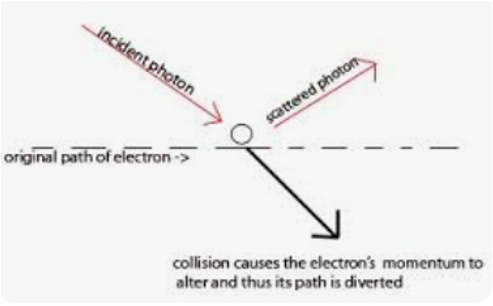"Much of nature’s order masks deeper chaos—and statistics is the tool that uncovers it."
From
Divine Caprice to Patterns
Ancient
cultures saw disasters as acts of gods. Over time, humans detected
patterns—monsoons guiding harvests, symptoms predicting illness. This
birthed determinism, the belief that every event has a fixed cause.
Yet today, we know reality blends causality and chance.
The Rise
of Probability
In 1905,
Karl Pearson asked: Can we predict a drunkard’s wandering path? The
"random walk" concept revealed that chaos often follows statistical
laws. Einstein later showed this randomness underpins physics.
Statistics
Reshapes Science
Ronald
Fisher’s analysis of variance (ANOVA) revolutionized
agriculture by separating random noise from true causes. Yet even giants err:
Fisher dismissed smoking-cancer links, likely biased by his tobacco industry
ties. Meanwhile, Walter Shewhart’s control charts proved
variation is inevitable—but manageable.
Ronald Fisher, statistics pioneer, whose skepticism
about smoking’s harms reflected his tobacco
industry ties.
Medicine
Embraces Randomness
Post-World War II,
randomized trials proved streptomycin’s efficacy against TB. Later, studies
showed smokers had 14× higher lung cancer rates than non-smokers. Correlation
isn’t causation, but statistics exposed key risks.
The
Uncertainty Principle
Heisenberg
found that measuring an electron’s position changes its
speed—shattering determinism. Science advances by paradigm shifts;
statistics now reigns, but may someday yield to new frameworks.
From Newton to quantum physics—each revolution redefines ‘truth'.
Final Reflection
“I returned, and saw under the sun, that the race is not to the swift, nor the battle to the strong, neither yet bread to the wise, nor yet riches to men of understanding, nor yet favour to men of skill; but time and chance happeneth to them all.”
Ecclesiastes 9:11
1. Christopher. B. Why the Father of Modern Statistics Didn’t Believe Smoking Caused Cancer. https://priceonomics.com/why-the-father-of-modern-statistics-didnt-believe/
2. Chemistry Libre text. Uncertainty Principle https://chem.libretexts.org/Bookshelves/Physical_and_Theoretical_Chemistry_Textbook_Maps/


No comments:
Post a Comment